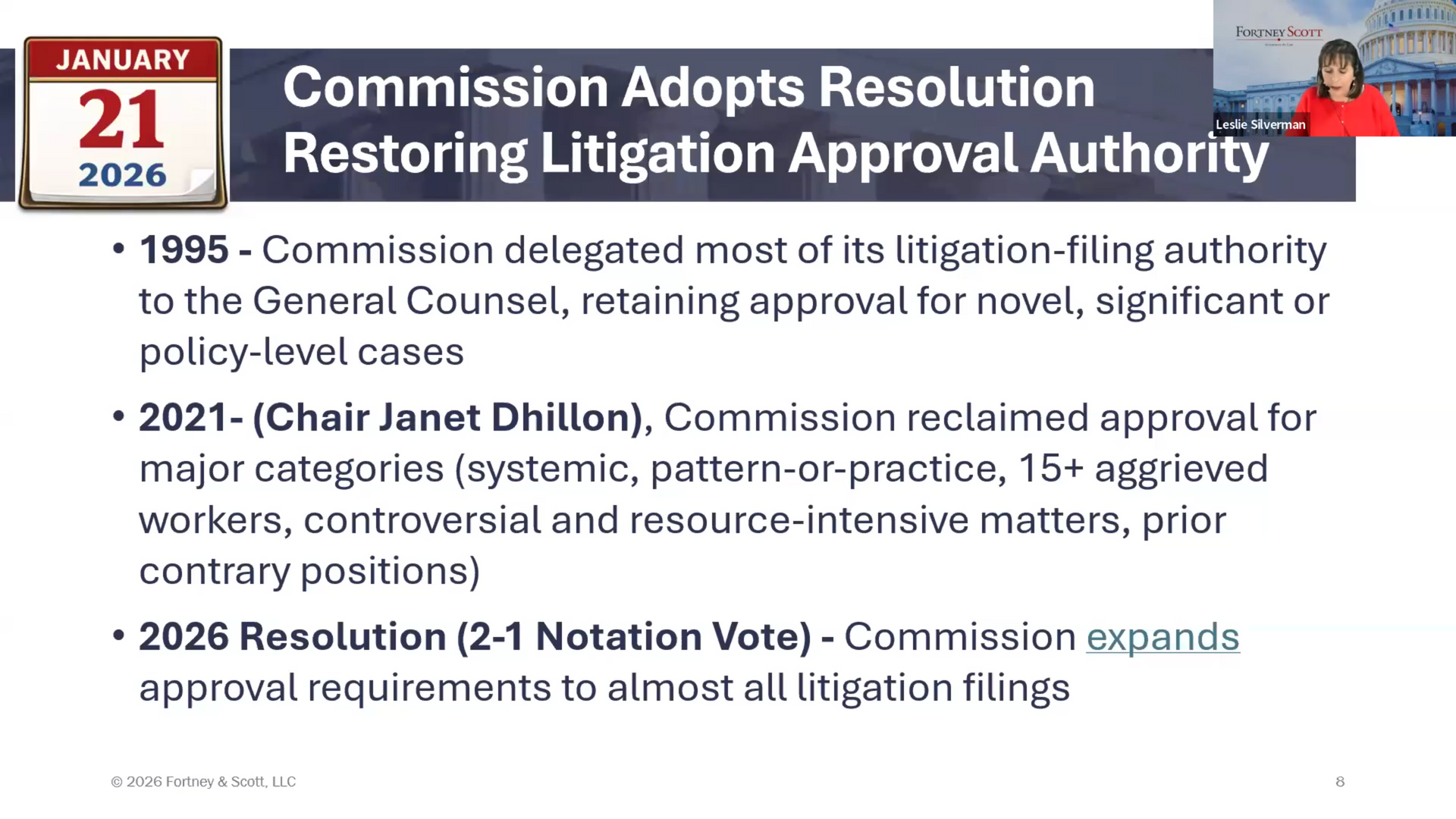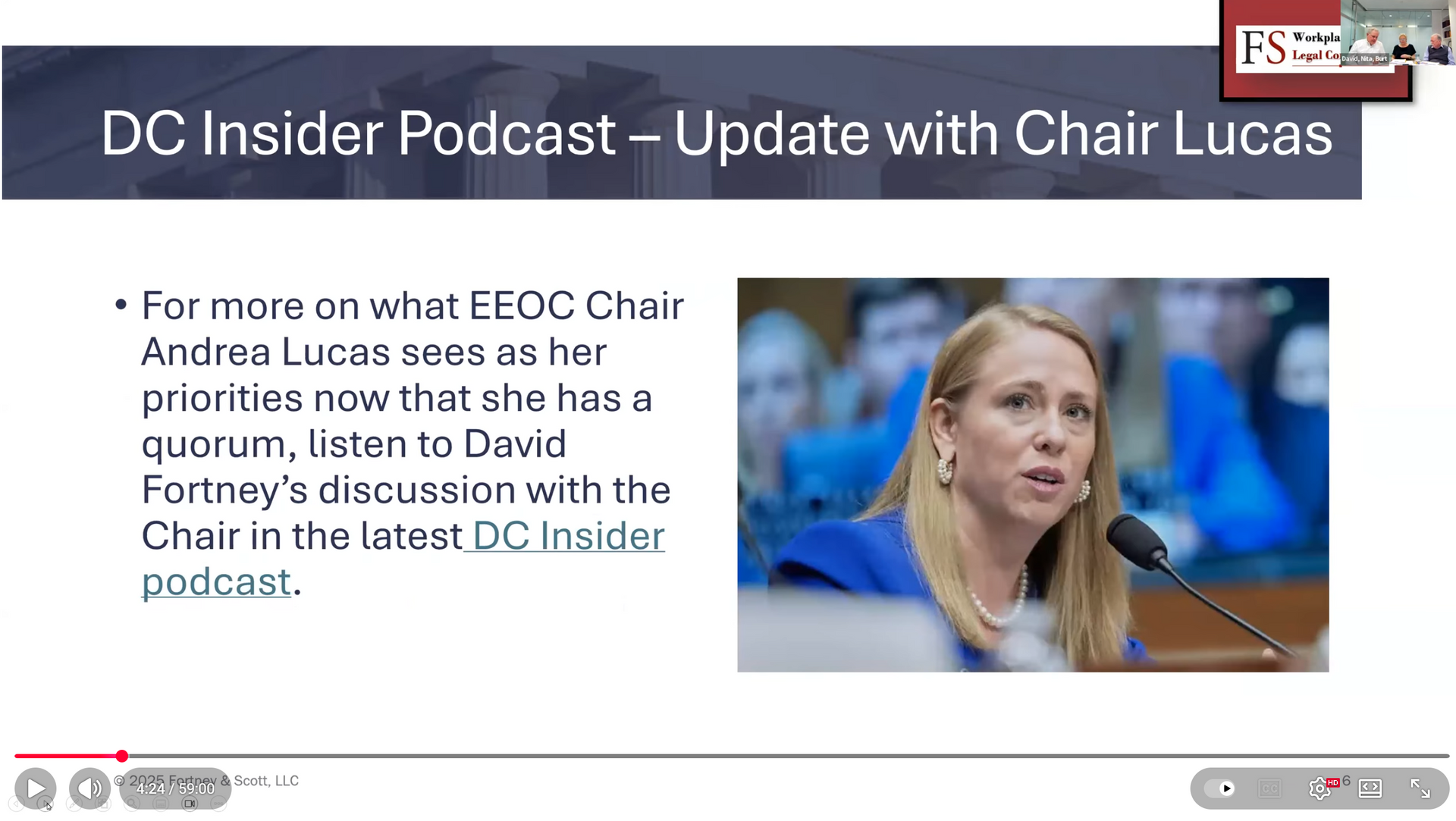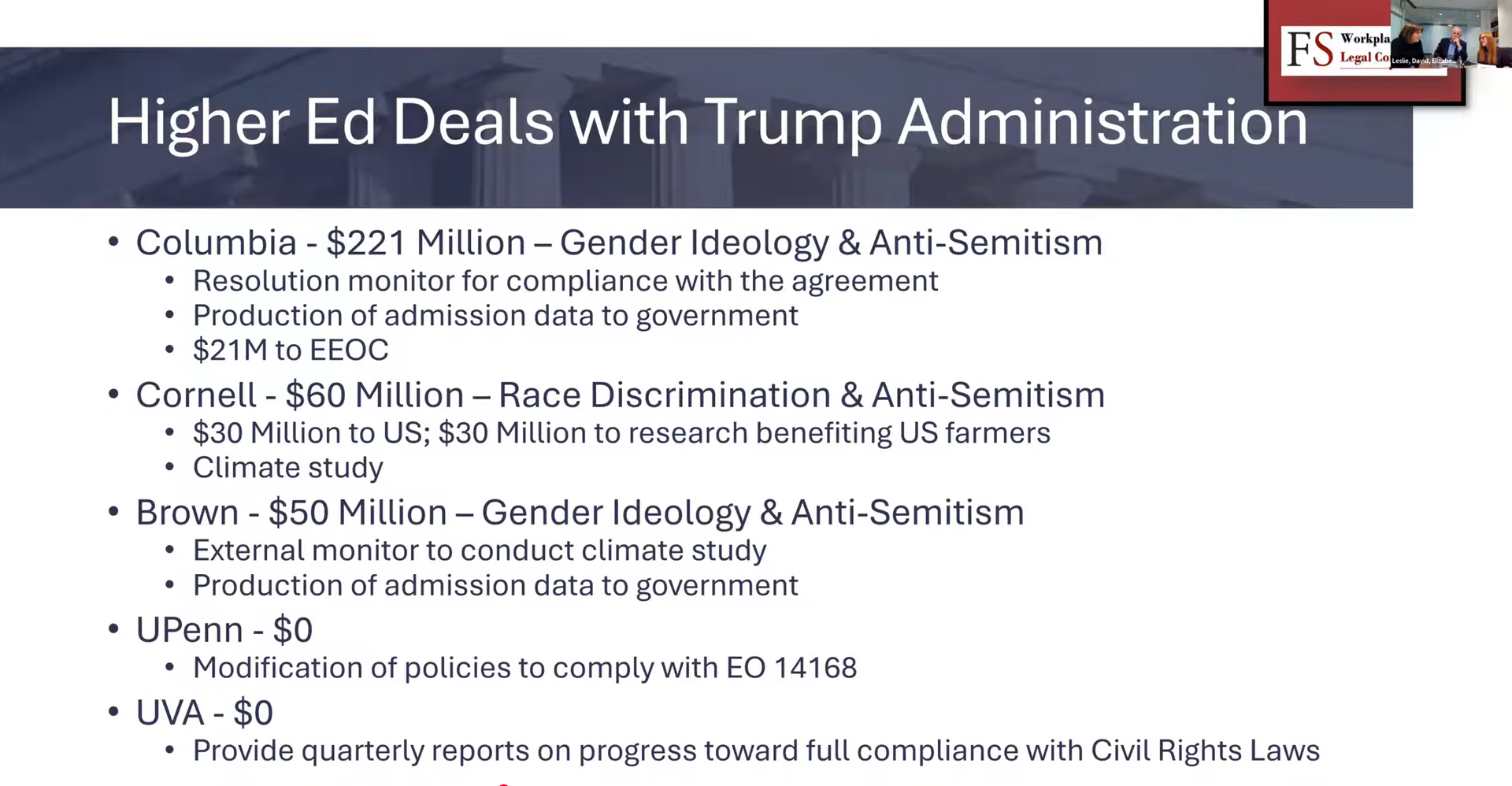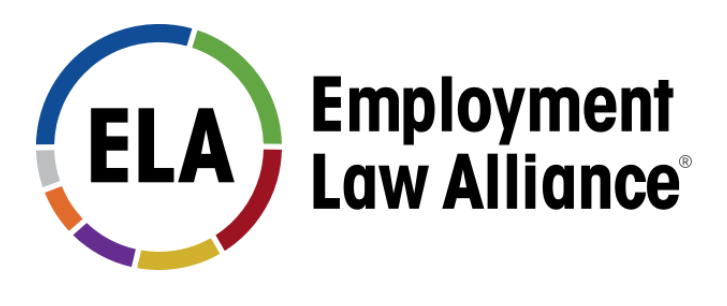House Education & Labor Committee Hosts a Joint Subcomittee Hearing on the Proposed Paycheck Fairness Act
Another important plank in the Democrats’ legislative agenda was given an early hearing on Wednesday, February 13, 2019. A joint hearing on the proposed Paycheck Fairness Act (H.R. 7, S. 270) was held at that time by the House Subcommittees on Civil Rights and Human Services and on Workforce Protections. An earlier version of Paycheck Fairness Act was passed by the House in 2008 and 2010, but never passed the Senate. A similar fate is all but certain in this instance, but one purpose of offering the Act now was to set an agenda for the future.
The latest version of Paycheck Fairness Act would amend the Equal Pay Act of 1963 by substantially limiting the affirmative defenses, increasing protections from retaliation, prohibiting employers from asking for or using prior salary to set current pay, and allowing recovery of compensation and punitive damages. In addition, like its predecessor proposals, it instructs EEOC to collect pay data from employers and also to collect “compensation data and other employment-related data (including hiring, termination, and promotion data) disaggregated by the sex, race, and national origin of employees.” OFCCP is again directed to implement a similar survey to be given to half of its nonconstruction contractor establishments each year. The bill also instructs OFCCP not to use multiple regression or anecdotal evidence in its compensation discrimination cases. It further directs the Department of Labor to establish negotiation training for girls and women and a national pay equity in the workplace award among other salary related requirements.
The hearing included testimony from Rep. Rosa L. DeLauro (D-CT), a co-sponsor of the bill; Rep. Eleanor Holmes Norton (D-DC); and Rep. Don S. Breyer, Jr. (D-Va.); Fatima Goss Graves, CEO and President of the National Women’s Law Center; Camille Olson, Partner at Seyfarth Shaw; Kristin Rowe-Finkbeiner, CEO of Moms Rising, and Jenny Yang, former EEOC Chair and Partner of Working Ideal.
As noted, the bill will in all likelihood pass the House but, as in the past, will fail in the Senate at this time. Click here for written transcripts of the witnesses’ testimony and video of the joint subcommittee hearing.


















